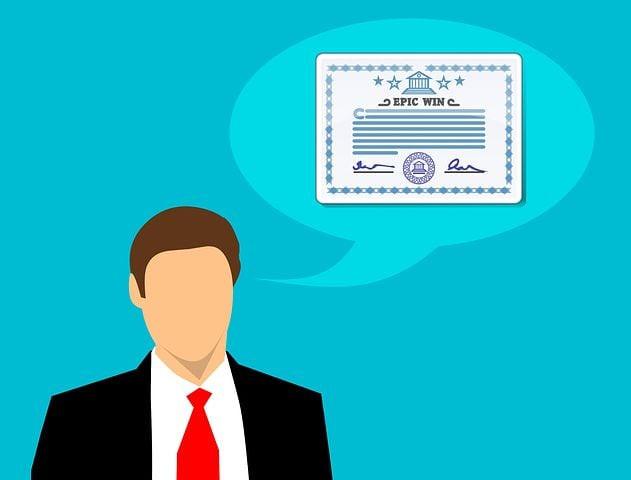How to Use Herzberg’s Two-Factor Theory to Boost Worker Productivity
Curated from: masterclass.com
Ideas, facts & insights covering these topics:
5 ideas
·311 reads
5
Explore the World's Best Ideas
Join today and uncover 100+ curated journeys from 50+ topics. Unlock access to our mobile app with extensive features.
Herzberg’s Two-Factor Theory of motivation
Herzberg’s Two-Factor Theory is one of the most prominent theories regarding motivation factors in the workplace. Psychologist Frederick Herzberg based his theory on some elements of Abraham Maslow's theory of motivation and needs.
Herzberg’s theory broke down workplace needs into two categories:
- Motivation factors ensure employee satisfaction
- Hygiene factors determine the basic level of stability and job security. Job dissatisfaction arises from a lack of hygiene factors.
8
78 reads
Job satisfaction and dissatisfaction are distinct categories
The theory holds that job satisfaction and dissatisfaction are two separate categories with very different contributing factors.
To ensure workplace harmony, employers must increase employee motivation factors and increase workplace hygiene.
8
70 reads
Hygiene factors in the workplace
According to Herzberg, the two-factor theory holds that motivational factors and hygiene factors need to be addressed independently.
The primary hygiene factors:
- Pay. Low pay will quickly cause dissatisfaction among employees.
- Benefits. An employer should ensure that the benefits they provide are competitive.
- Job security. Employers should let employees know they are valued and that their jobs are safe.
- Work conditions. Employers shouldn’t cut corners when it comes to the welfare and safety of employees.
8
56 reads
Motivational factors
Factors that motivate employees to work often have to do with giving them a greater sense of purpose and significance in their current position.
- Recognition. Job performance improves when employees are praised and recognized for a job well done.
- Autonomy. Employees feel motivated when they feel that they have an important job with a large degree of self-direction.
- Meaningful work. Employers should strive to help employees see how their work contributes to a greater end product.
9
54 reads
How to use Herzberg’s Two-Factor Theory
Give employees more autonomy. The more that employees feel that they are responsible and autonomous, the greater the sense of achievement.
Provide feedback. Let employees know how they’re doing by providing meaningful and constructive feedback.
Improve working conditions. A simple way is to provide a clean, safe, and aesthetically pleasing workspace.
Poll employees to get a sense of what motivates employees.
Take a macro view of employee welfare. Employers cannot choose between motivation or hygiene. They must strive to improve both.
9
53 reads
IDEAS CURATED BY
Joshua Phillips's ideas are part of this journey:
Learn more about productivity with this collection
Effective communication with remote employees
Strategies for building trust and accountability
Techniques for managing remote teams
Related collections
Similar ideas
4 ideas
Early Birds vs. Night Owls
masterclass.com
9 ideas
Avoid Writing Clichés
masterclass.com
4 ideas
How to set up a crypto wallet
coinbase.com
Read & Learn
20x Faster
without
deepstash
with
deepstash
with
deepstash
Personalized microlearning
—
100+ Learning Journeys
—
Access to 200,000+ ideas
—
Access to the mobile app
—
Unlimited idea saving
—
—
Unlimited history
—
—
Unlimited listening to ideas
—
—
Downloading & offline access
—
—
Supercharge your mind with one idea per day
Enter your email and spend 1 minute every day to learn something new.
I agree to receive email updates



